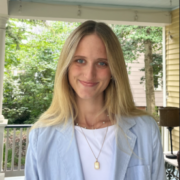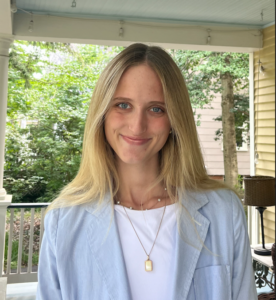NCL sues Washington Nationals over junk fees not disclosed in advertised prices
July 17, 2024
Media contact: National Consumers League – Lisa McDonald, lisam@nclnet.org, 202-207-2829
WASHINGTON, DC – Today, the National Consumers League (NCL) announced that it has sued the Washington Nationals on behalf of a class of affected consumers in the District of Columbia and beyond for violations of the D.C. Consumer Protection Procedures Act in connection with Nationals’ single-game ticket sales practices.
Consumers are entitled to truthful information from merchants, including information about prices. According to NCL’s complaint, the Nationals advertised deceptively low prices for their tickets by failing to disclose mandatory “ticket processing” fees that could increase ticket prices by more than 25%. The complaint explains that tickets the Nationals advertised on their website as “starting at $9” actually cost $11.25 once the mandatory “ticket processing fee” was added, and that in reality, the Nationals never intended to sell those tickets “starting at $9” on their official website.
Concealing fees of this sort – commonly known as “junk fees” – until late in the transaction is a misleading practice known as “drip pricing,” which frustrates and harms consumers, according to the complaint.
NCL’s complaint alleges that this has been a practice for the Nationals for years, and that these ticketing practices are misleading – and illegal under D.C. law. The D.C. Consumer Protection Procedures Act (CPPA), D.C. Code § 28-3901 et seq., provides a robust set of protections for consumers. Among other things, it protects the basic right not to be misled about the price of goods and services being offered for sale.
“It’s disappointing that ticket sellers like the Nationals hide the real price of their tickets from consumers until so late in the process,” said Sally Greenberg, NCL’s chief executive officer. “The junk fees attached to the Nationals’ tickets are wrong, and they’re illegal. We hope this lawsuit brings some much-needed reforms to the ticketing industry to help protect consumers from these abusive practices.”
NCL’s lawsuit seeks damages on behalf of the class of consumers as well as other relief.
Read the full complaint here.
###
About the National Consumers League (NCL)
The National Consumers League, founded in 1899, is America’s pioneer consumer organization. Our mission is to protect and promote social and economic justice for consumers and workers in the United States and abroad. For more information, visit www.nclnet.org.


 By Sydney Greenberger, NCL Summer Intern
By Sydney Greenberger, NCL Summer Intern
 By Sally Greenberg, Chief Executive Officer, NCL
By Sally Greenberg, Chief Executive Officer, NCL














